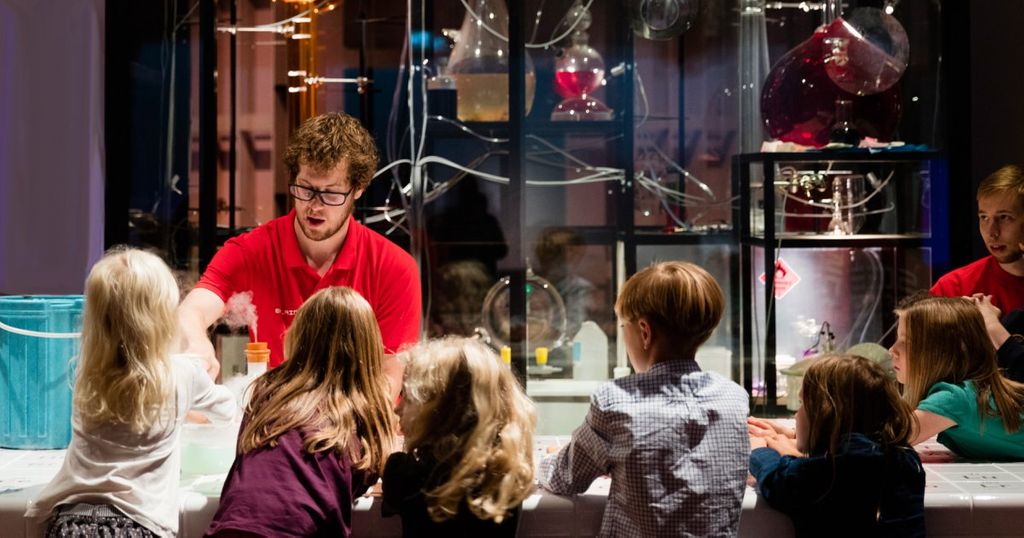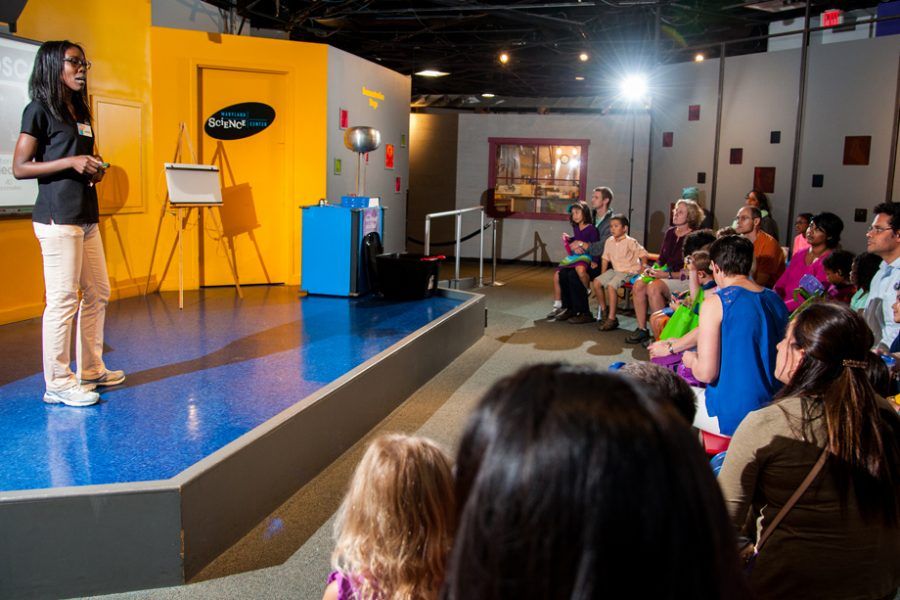Role Of Museum In Learning Science.
May 12, 2019 • 7 views
Science, the only backbone of everything we are dealing with today. The advancement of life has become possible because of the overall creations of science. Now the transformation has set a situation like no science no life. But the question of importance is that science has to move forward and generations have to carry on to benefit mankind. The development of human civilization depends on scientific bits of knowledge and technologies from one to the next generation. Apart from keeping this in mind, we have magazines, science books, world-class journals, and science fiction novels. People now have associated themselves to social media, Google searches, and the Internet for more educational purposes.
But we often look back to the major role of science museums in our everyday lives. The museums, while showing us the real history of science and discoveries of new things, make science more attractive at a popular level. When scienceis represented with scientific models, demonstrations, and collections, only the museum can havebecome easier for all age to love science.
In the age of the Internet, museums have no role, but the truth is themuseum serves more purposes at a time as it gives a place to feelthe scientific world. Science museums can stimulate education when used in the right way. Most museums include centres that cannot be put into the classroom but can be adapted.
Individually, there are factors contributing to the quality of museum experience that may vary between visitors.
Motivation and Expectation
People go to the museum and possess pre-determined motivations and expectations that have been referred to the visitor’s ‘agenda’. And these visitors’ pre-visit agenda affects they learn during a visit. Usually, public agendas are closely related to experience from themuseum, but not always. As expectationsare fulfilled, learning is smooth. But when expectations are unmet, learning tolerates.

Prior Interest
At a fundamental level, learners self-select whether to go to the museum, what exhibitions to view and programs to take part in varies. Because of this, learners’ absence of prior interest, would never let them learn anything there even if they did. This diversity in visitors’ interest is a major contributor to the nature oflearning from museums.

Tie-Ups with Scientists
Nowadays, science museums are increasingly associated with scientists. Considering honesty in science must deliver proper advice, lectures, and educate the museum staff. Thus, science museums are also providing quality teaching in addition.

It’s only inside the science museum that science is apparently fun.
